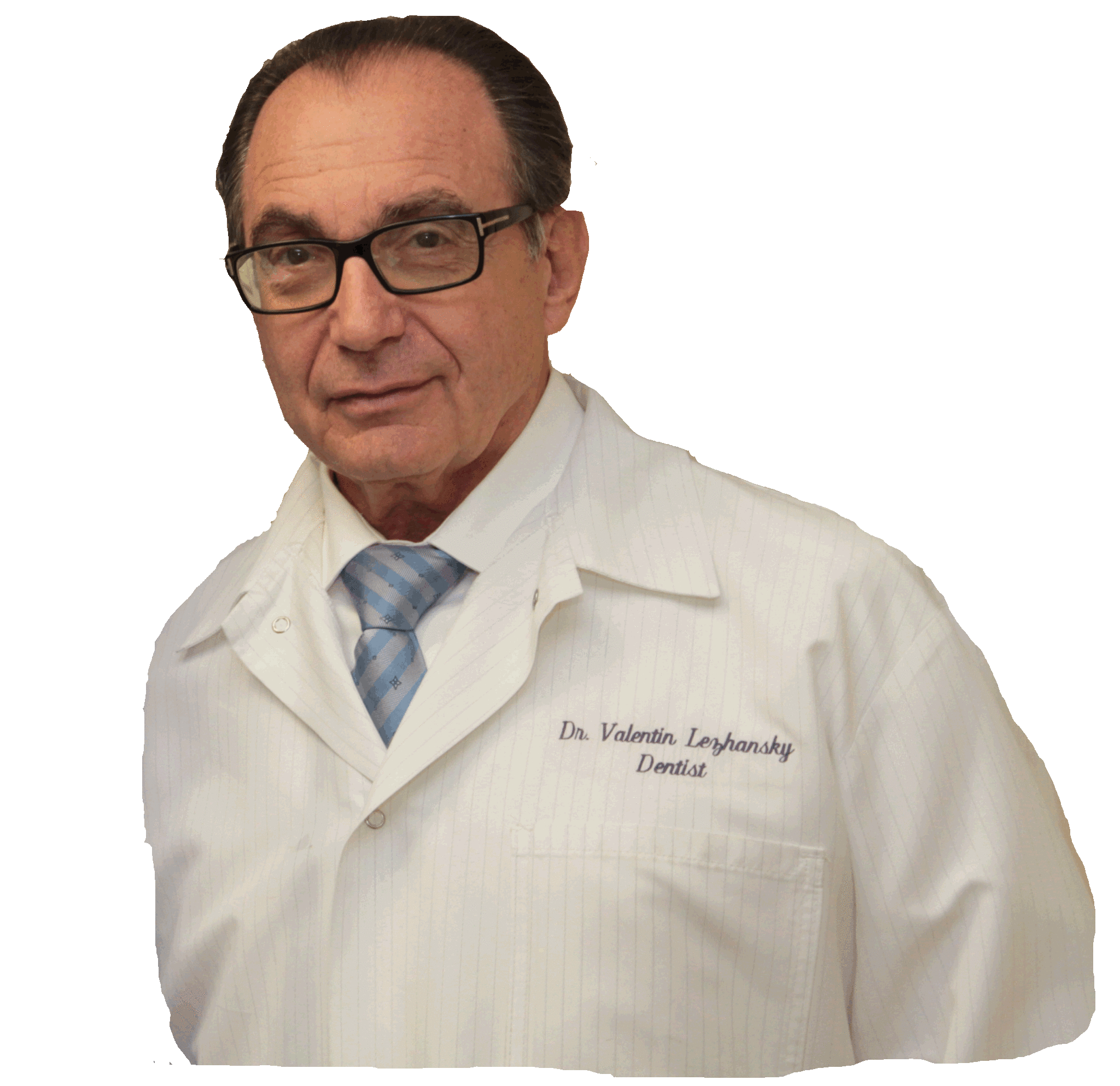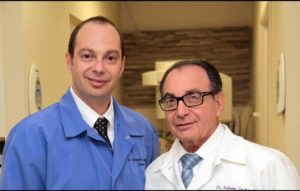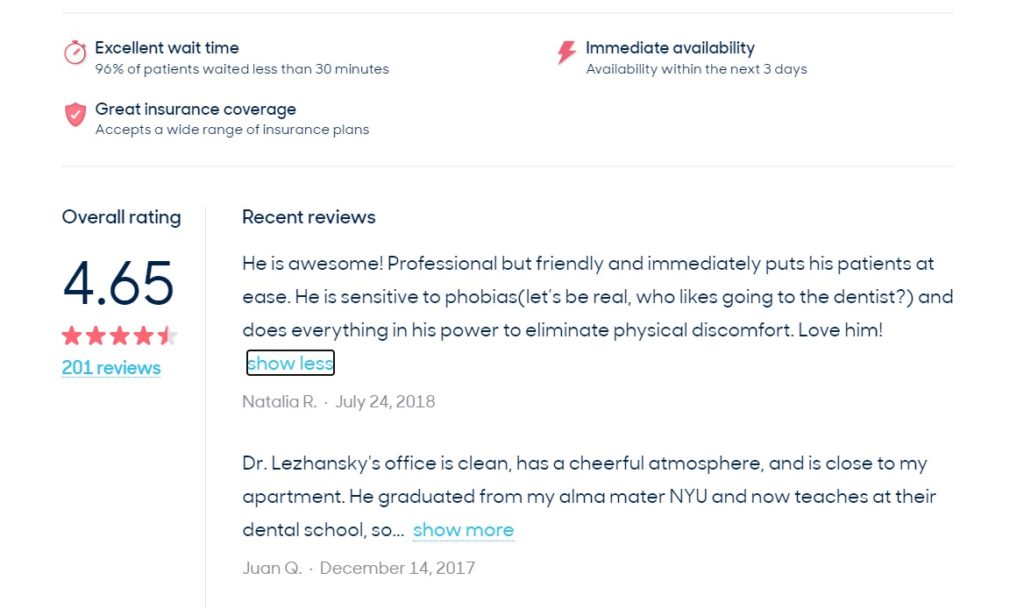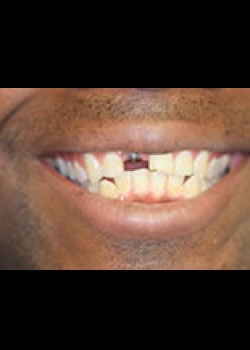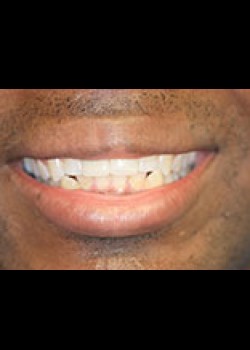Dental Cleaning
What Is A Dental Cleaning?
Dental Cleaning refers to removing plaque using ultrasonic instrument and polishing, which is performed by a Dentist, or Dental Hygienist. It usually involves the removal of plaque and calculus from above the gum line. Dental Cleanings are done very frequently, both as a treatment (for gingivitis) and for prevention of tooth decay and periodontitis.
The scaling of the teeth involves removing the calculus, the hard and calcified plaque deposit that has formed around teeth and fillings. Plaque often forms in areas that are difficult to brush and it needs to be removed. Calculus cannot be brushed or flossed away and needs to be removed from the teeth by a Dentist as it is always coated with a microscopic layer of plaque. Calculus can form underneath the gum line and this also needs to be carefully removed by a Dentist. Scaling is usually done without local anesthesia. Small hand held instruments, like miniature hooks and chisels, to flick off the calculus deposits.
Mechanical and electric scalers may also be used, these vibrate very quickly to help remove the calculus. The mechanized scalers have water sprays to help keep the instrument cool. Scalers can also be used to remove some stains, particularly when these occur in small grooves on the teeth.
Dental Polishing
Polishing involves the use of a small rubber cup or brush along with specially modified toothpaste to remove any plaque and stains from the teeth. The rubber cup or brushes are placed in a drill and spin quickly to help the cleaning process. After cleaning, the gums may bleed a little for a short time. This is due to underlying inflammation caused by the plaque that was present. Often the tongue will feel that there are gaps between the teeth. What is actually being felt is underlying gum tissue that was previously covered by the calculus. The tongue soon gets used to the feeling. Teeth may sometimes feel sensitive to hot and cold foods and drinks, soon after being cleaned. This is because any exposed root surface that was covered by plaque and calculus is now exposed to the oral environment. With good cleaning this should improve naturally.
Why do I need this?
Plaque (bacteria) is the cause of tooth decay, gingivitis and periodontitis . If plaque is allowed to accumulate on the teeth and under the gum line, it may harden (calcify) to become calculus which always has a layer of plaque on its surface. It is important to remove the plaque to treat and prevent further problems. While plaque can be brushed and flossed, however once calculus has formed it can only be removed by the Dentist.
Will it hurt?
There is no pain associated with Dental Cleaning and most people find cleaning quite pleasurable! Occasionally the buzzing from mechanical scalers can feel unusual but does not cause pain. Health care as with all dental conditions your Dentist should be consulted. Your Dentist will diagnose and treat your particular problem. Ask your Dentist about how to brush and floss your teeth, and how often you should return for a check-up.


